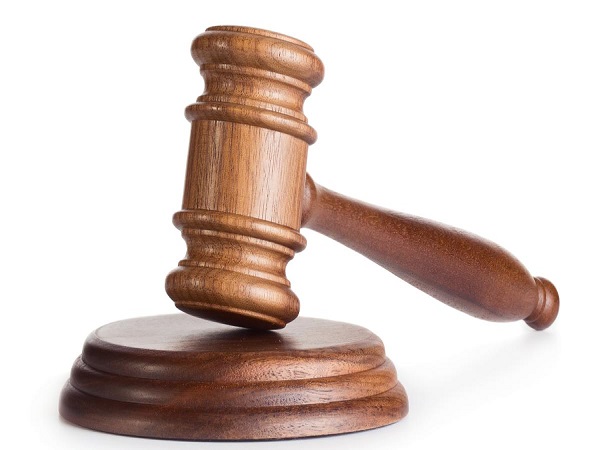The Supreme Court of India judgment, on August 1, 2024, in The State of Punjab and Ors. vs Davinder Singh and Ors., on the sub-classification of reservations, embodies the vision of social jurisprudence. It is a noteworthy development in Indian jurisprudence, especially in social justice. The judgment provides social jurisprudence using constitutional methods and ensures that social justice reaches the most neglected and deprived sections (which includes a majority of Dalit castes) among Dalits. The idea of sub-classification also aligns with B.R. Ambedkar's principles of fraternity and Maitri, emphasising the need for cooperation and mutual respect among Scheduled Castes (SC). However, the overreaching exercise of the judgment, reflected in the comments on the varna system and creamy layer, is uncalled for.
B.R. Ambedkar struggled all his life to ensure social and civil justice for the most oppressed sections. He also sought to secure separate cultural rights for former untouchables. Yet, these were often met with inadequate responses and resistance from the prevailing Hindu caste order. While reflecting on the Indian social structure, Ambedkar highlights how every jati occupies a distinct position on the social ladder. It draws attention to the nuances of internal divisions within the caste order. A newspaper of his times reported Ambedkar's response to "the welcome addresses by three scheduled castes' organisations after the resolutions were disposed of at the Scheduled Castes' Conference, held at Cawnpore on January 31[,] 1944... He (Ambedkar) urged that they (Scheduled Castes) must realise their responsibility to wipe out internal divisions among the Scheduled Castes when they demanded of other's removal of Untouchability".



